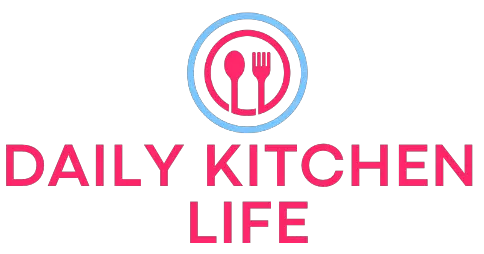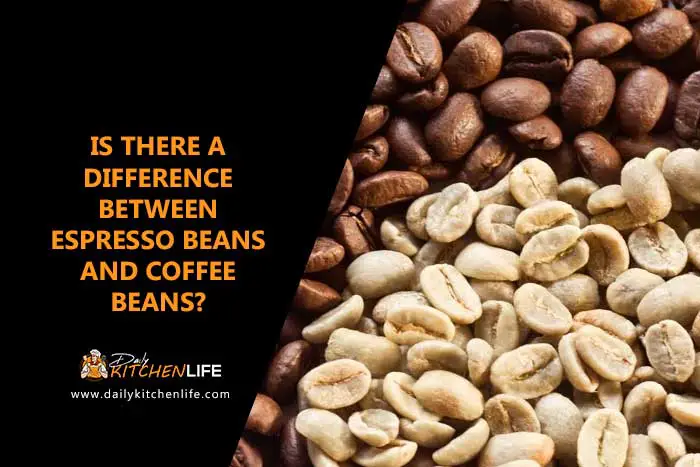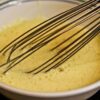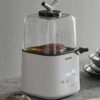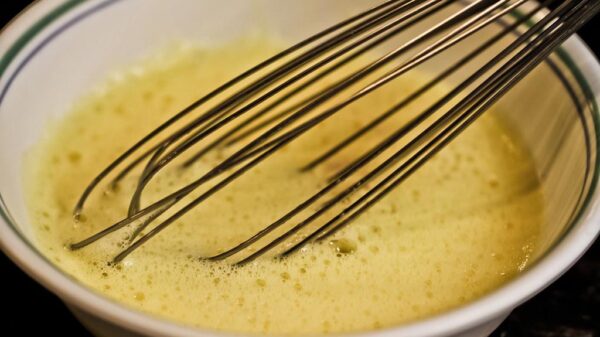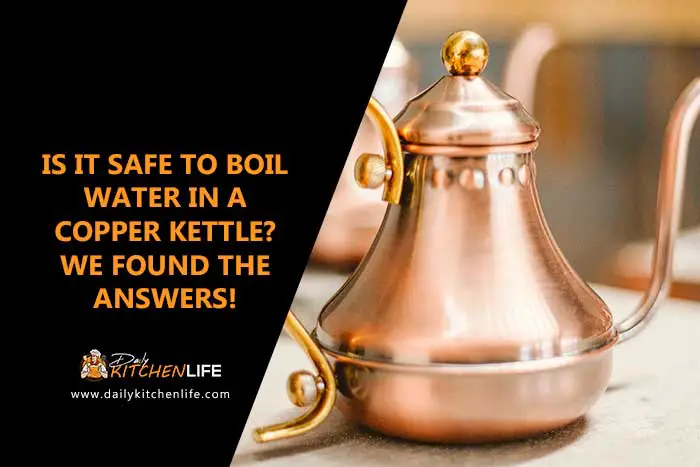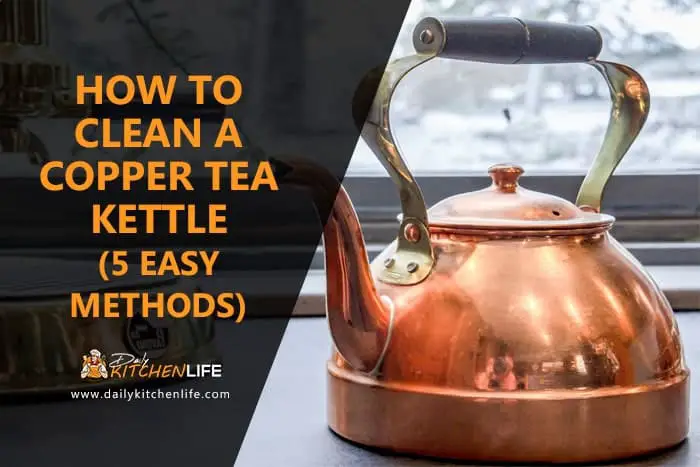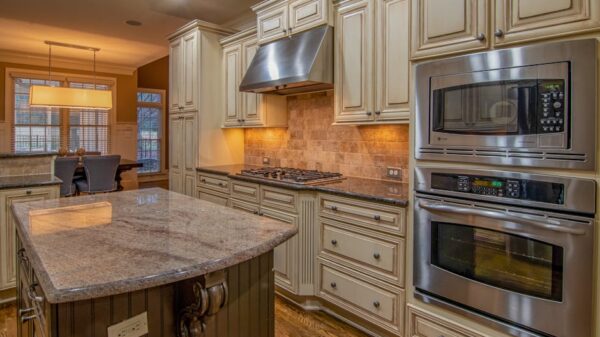One of my friends, who is a frequent visitor in the high-end coffee shops, regularly asks for the beans used in the coffee. Now, when you and I visit the local cafe, it is just placing our personal orders based on tastes. But how many of us go around asking about the beans?
Since it is mostly the no-frills espresso and coffee that we buy in the cafes, this gives birth to a more specific question, is there a difference between espresso beans and coffee beans?
Actually, yes. You roast espresso beans for a longer time, have a finer grind, and require high-pressure brewing. In terms of taste, these also happen to be stronger than coffee and bolder.
So for pour-over coffee, opt for light roasts, and for espresso, always opt for dark roast beans.
Is There a Difference Between Espresso Beans and Coffee Beans?
Yes, there is a difference between espresso beans and coffee beans. The difference lies in the roasting process, the choice of the brewing method, and the grounds.
Any roasted beans that are ready for straight-away brewing are coffee beans. If you prefer filter coffees or drip coffees that have a slower extraction method, then a light roast of the beans would do. This is why regular coffee beans with a light roast are good for drip coffee.
Since they are lightly roasted, they lack the oily sheen and are good for milder flavors. However, don’t be fool enough to think that you can’t get a dark roast from these! Dark roasted coffee beans are excellent choices to create a strong coffee. But if you want something midway, medium-brown Medium roasted coffee beans hit the right balance too!
On the other hand, we have espresso beans. These don’t come mild, and you will find them all in the Dark roasted category! You can actually taste the nutty-flavored, bitter beans and not just the milky coffee when you pick from the espresso beans category. These tend to have a full-body, great consistency, less acidity, and the right kick!
Since the espresso beans are richer in their natural oils for the roast, the crema is more exclusive to these beans, and this is exactly why you find your espresso shots so tasty and powerful!
The emulsification of the oil is what gives you the taste. But remember, too much oily sheen on the beans can be harmful to your coffee maker. For high-pressure brewing, this is the first choice of coffee lovers.
What is the Difference Between Espresso and Coffee?
Both the espresso coffee beans and the regular coffee beans are either Arabica or Robusta. So the difference between espresso and coffee is not from their beans, but actually in the way the barista wishes or you wish to prepare it.
Since the roasting and brewing of espresso beans is different, you get a more concentrated shot of coffee from it. However, if the brewing and roasting of the two are the same, with the same beans, you will find no difference in them! But then, the coffee won’t be called espresso anymore since espresso is characterized by its sharp, bold taste.
Which is Stronger Between Espresso Beans Vs. Coffee Beans Caffeine?
This is a coffee myth that regular coffee beans have less caffeine than espresso. When in reality, it actually has more!
Since espresso uses Dark roasted coffee beans, much of its caffeine is burned away during the roast.
Light or medium roast beans have less burning and hence have more caffeine in them.
But when it comes to an espresso and a coffee, the caffeine in 1 ounce of an espresso shot is similar to the caffeine in an 8-10 ounce coffee.
What Beans are Best for Espresso?
For espresso, medium to dark roast beans is good.
Usually, all espresso beans are Dark roast. However, if you are trying on espresso for the first time at home or outside and you don’t think you can take the bitterness of a dark roast, you can ask for a medium roast as well.
Both of these are more or less high in natural oil and will give you the espresso crema that you desire.
[amazon box=”B000SDKDM4″ template=”horizontal”]
What are the Best Beans for Pour-Over Coffee?
For pour-over coffee, you need beans that go well with a longer extraction process. This is why, medium or more likely, light roasts are good for you. These do not give you any bitter or sour undertones of dark roast beans.
In fact, these are quite subtle and flavorful. Just make sure that the grind is not too coarse for your liking.
[amazon box=”B089B1B892″ template=”horizontal”]Can you Make Espresso with Regular Coffee Beans?
The answer actually depends on what regular coffee beans you have got. If you have light roasted regular beans, then you will never get the flavor of espresso from these beans. Lightly roasted beans are not sharp, don’t even have enough natural oils, and are less soluble.
However, if you have medium roasted regular coffee beans, then you can make your espresso with it. But heads up, this is going to be one mild espresso and not the shots that you are used to taking in the cafes!
It will taste like that but watered down, and that is speaking of a combination of medium roast and medium grind.
Can you Use Coffee Beans in an Espresso Machine?
Yes, you can!
However, this is an espresso machine that has been built keeping in mind the extraction, brewing, and roasting of espresso beans. The moment you put in regular coffee beans, they will be going through to create a sourly different taste than regular coffee.
So you’ll end up with something, not coffee and not espresso. So instead of putting light roast beans in the espresso machine, opt for using dark roast beans in it.
Healthy or Crazy? Can You Use Heavy Whipping Cream in Coffee?
Let’s Check Out The Biggest List of the Best Espresso Grinder You Must Own!
Final Words
And this brings us to the end of the hunt of “is there a difference between espresso beans and coffee beans?” So the legit answer is that although the same beans can be used for making these two, they do have differences. It lies in the grounds, the brew, and the roast.
While they both can be made using medium roast and medium ground coffee beans, it will taste like a watered-down espresso or a strong drip coffee. So unless you are choosing a middle ground, get the right beans for the right java!

